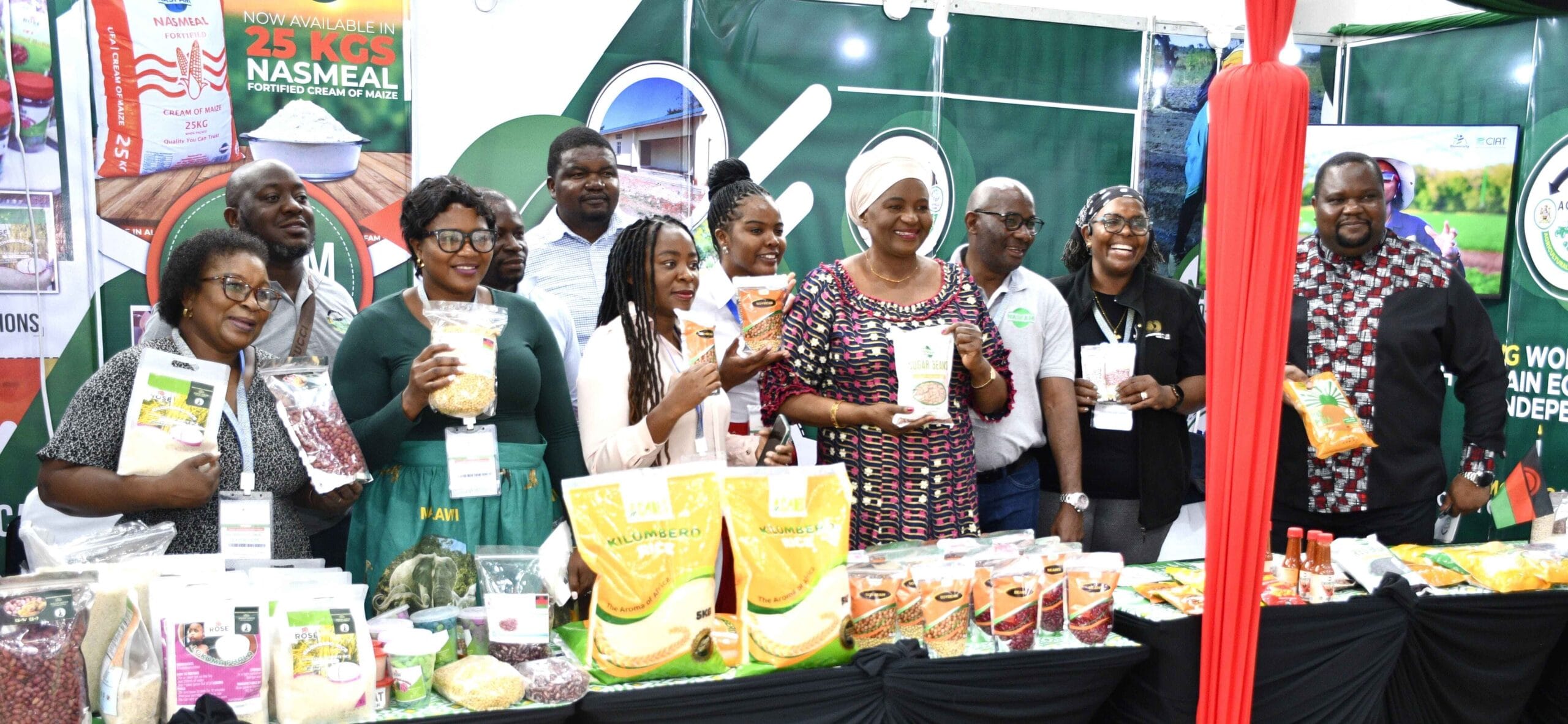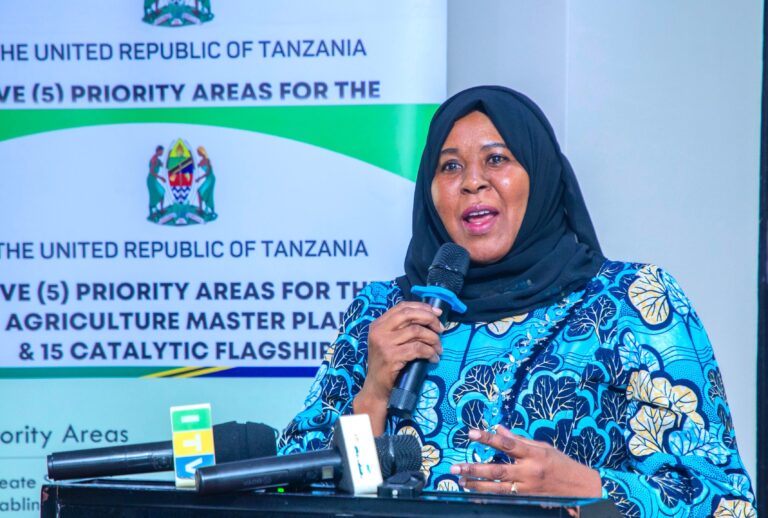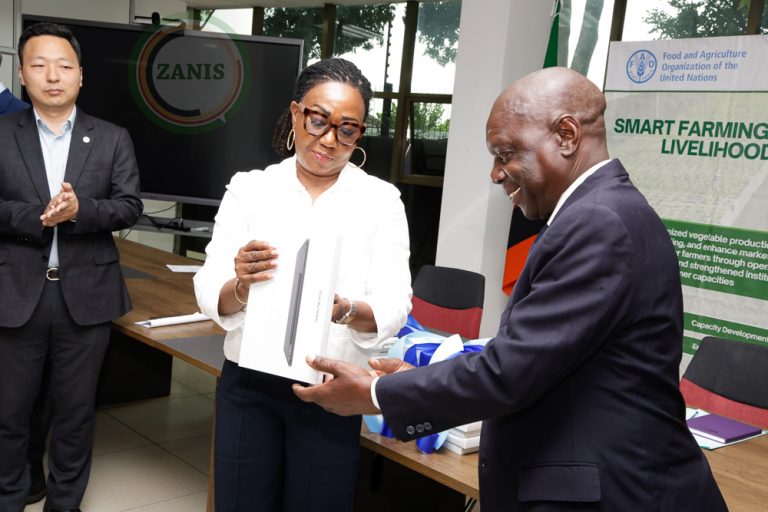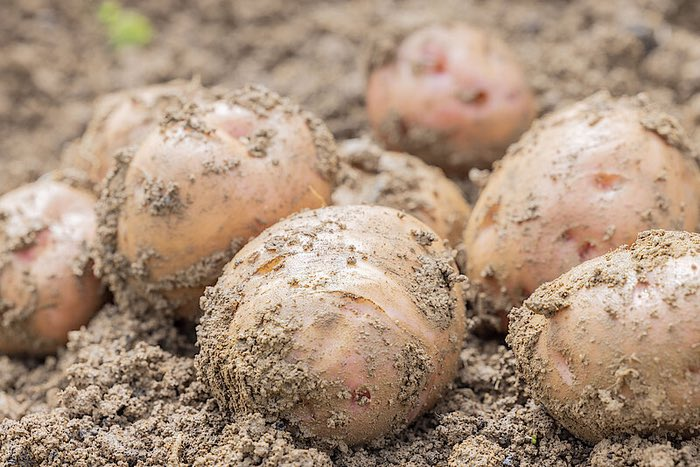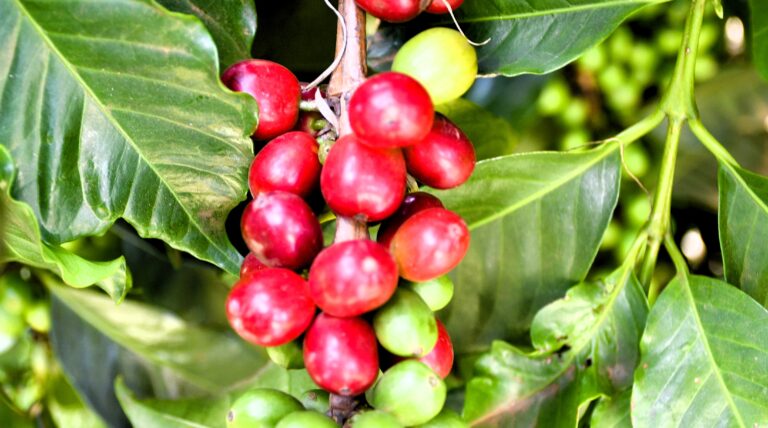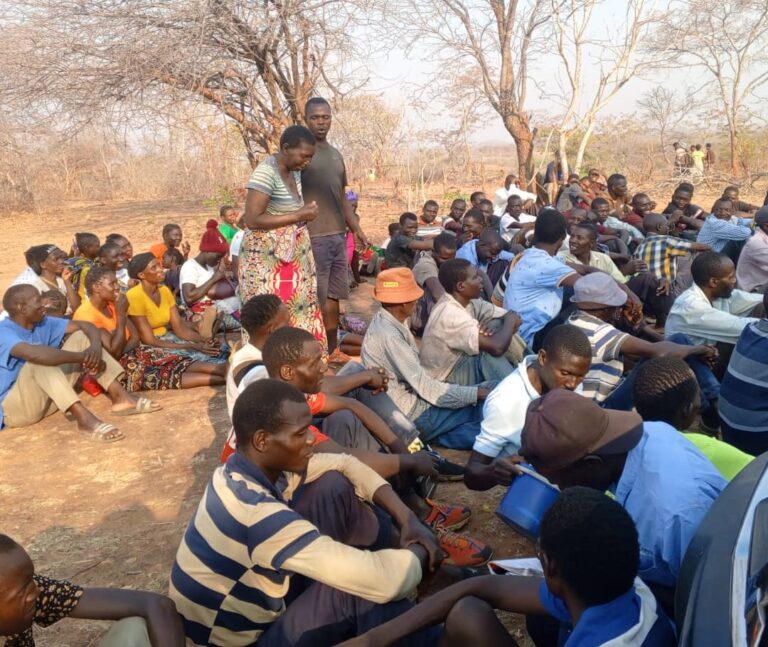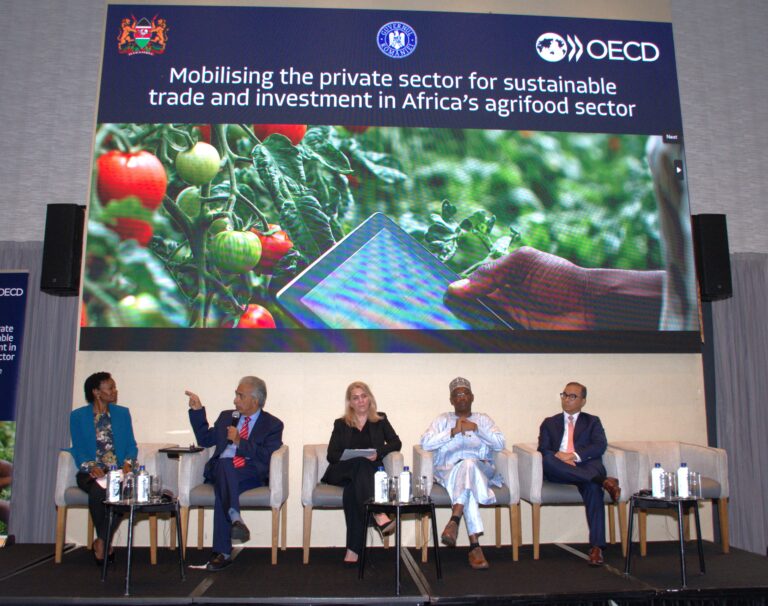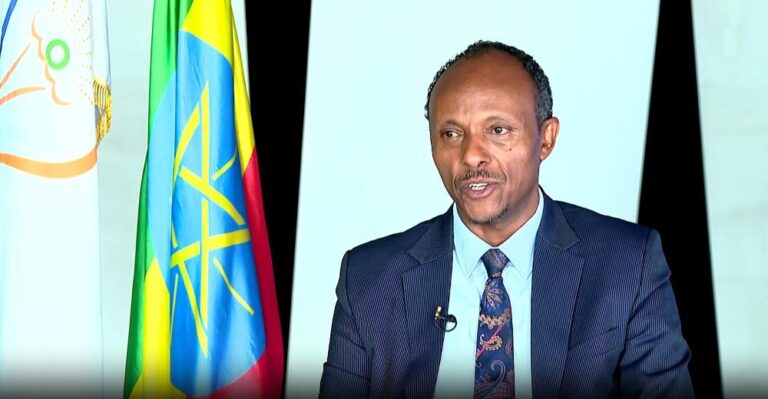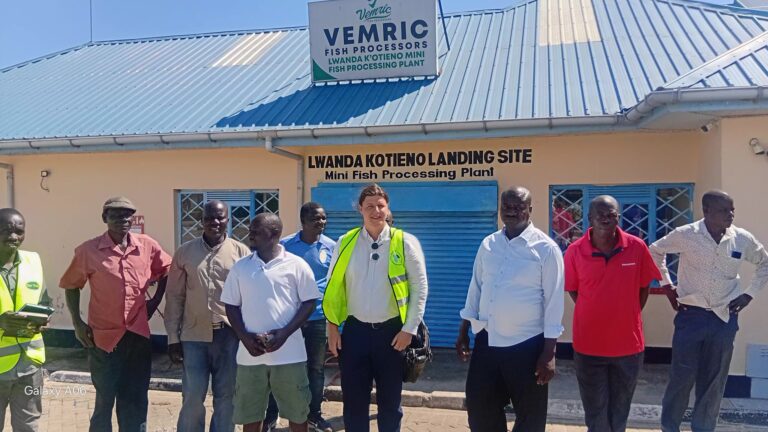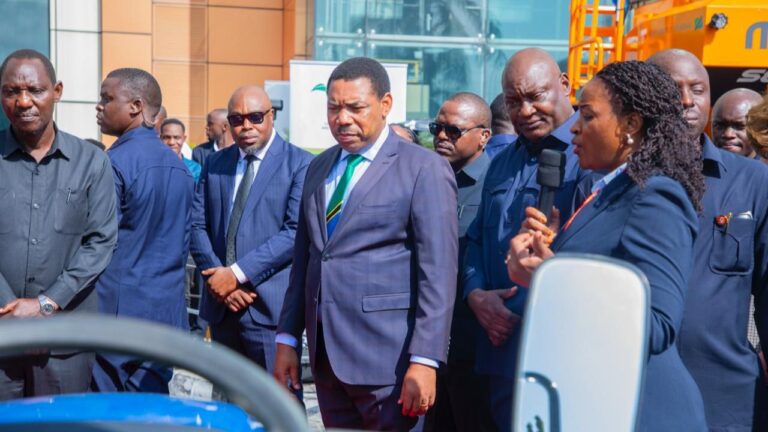By Kimuri Mwangi
The cooperative movement is credited with bringing together farmers for various aspects like production, marketing, value addition and other business aspects.
In Israel, farmers through the cooperatives own distribution, value addition and manufacturing ventures especially along the value chain they are involved in. Africa has not been left behind with farmer cooperative societies being among the strongest ones in the continent.
As I visited various stands during the recent Nairobi International Trade Fair, I was attracted by the Malawi Country stand as various food produce from groundnuts, beans, soya beans, rice among others were on display. The smiling faces of the women presenting the products made sure I was caught staring at them and the next minute I was answering their greetings from the few Kiswahili words they had learnt in Kenya.
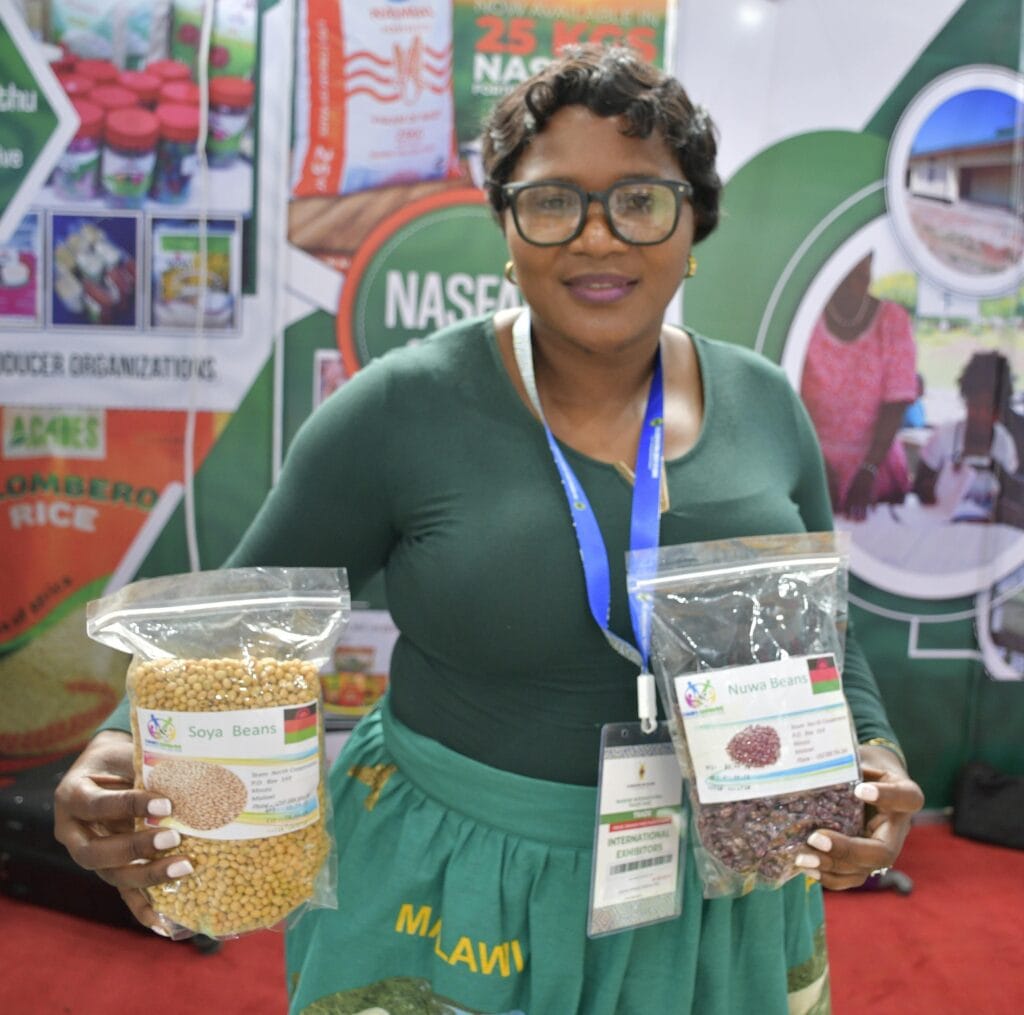
Chimwemwe Simbare is the Chairperson of Team North Cooperative in Northern Malawi. The cooperative society of fifty six members both male and female (including the youth) specializes in soya bean production in Northern Malawi. Simbare says they encourage the youth by showing them that agriculture is a business and one way of improving their economic status and as youth it means they are going to inherit the cooperative in future.
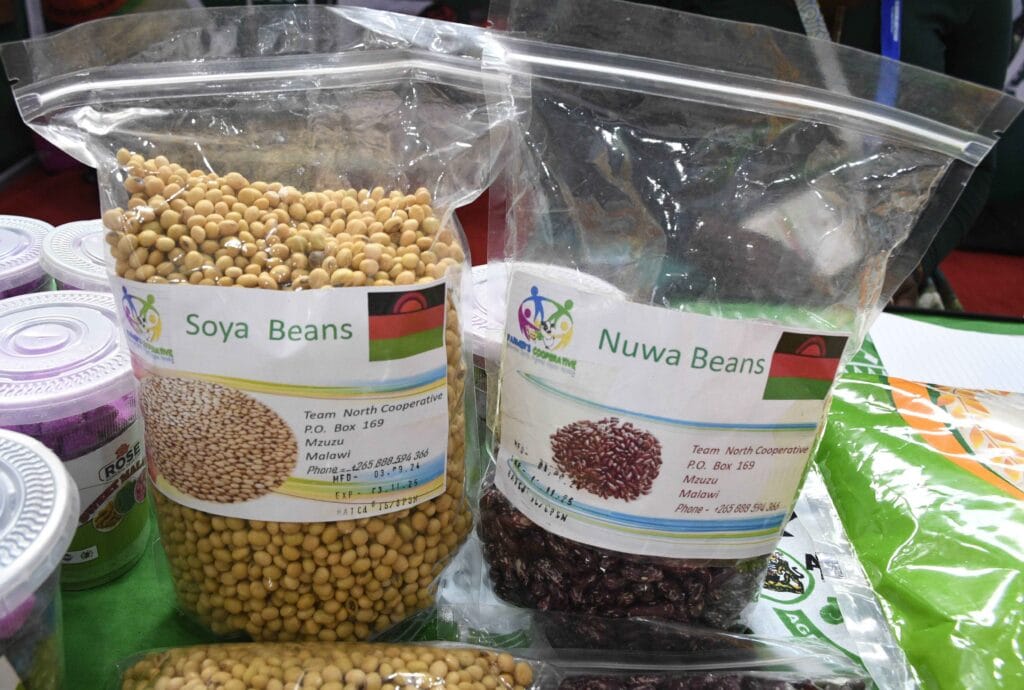
“We started in 2021 where we came up with some shares, and we grew together. We sold what we grew locally and the government commended us. Through the Agricultural Commercialization Project (AGCOM 2) project they came in and gave us a grant to buy a tractor and we got our own warehouse. We also acquired implements for the tractor like the ridger, planter, and a thresher so that we can do mega farms and do it commercially. So this time we are producing a lot of soya beans and now we want to export. That’s why we are here at the Nairobi International Trade Fair through the facilitation of our government,” said Simbare.
In 2021 they produced 40 metric tonnes, 60 metric tonnes in 2022 and last season they produced 100 metric tonnes.
They started out by leasing land before later buying 20 hectares for the cooperative. This is in addition to the land cultivated by individual members. They have also continued to lease land as a cooperative and today they farm up to 60 hectares of cooperative land.
“The government has helped us a lot and we have improved both quality wise and in quantity. In the past we were renting a warehouse and leakages would occur and damage the soya. We work hand in hand with the Ministry of Agriculture where the experts guide us from soil testing, production and even sending us people to train us on financial management,” opines Simbare.
She admits that there are various challenges along the way where some members lag behind in achieving the group objectives as others work hard. The other challenge is transport since they dont own a vehicle to transport their produce where they hire adding to their expenses. Their future plans include acquiring a lorry as they diversify their production as they are now also producing beans. They also have plans to do value addition their soya beans by processing them into soya milk, soya pieces, soya meat, and making animal feeds.
“At our warehouse, we are going to build some shops where we will be selling the products we shall be manufacturing. We are also planning to get into irrigation since now our farming is rain fed. In Malawi we have a lot of rivers, so we can also do irrigation which is very important considering the effects of climate change. I thank the Malawi government for allowing us to come here and advertise our products. My plea is that those who want to buy from us to contact us and support us.” adds Simbare.


